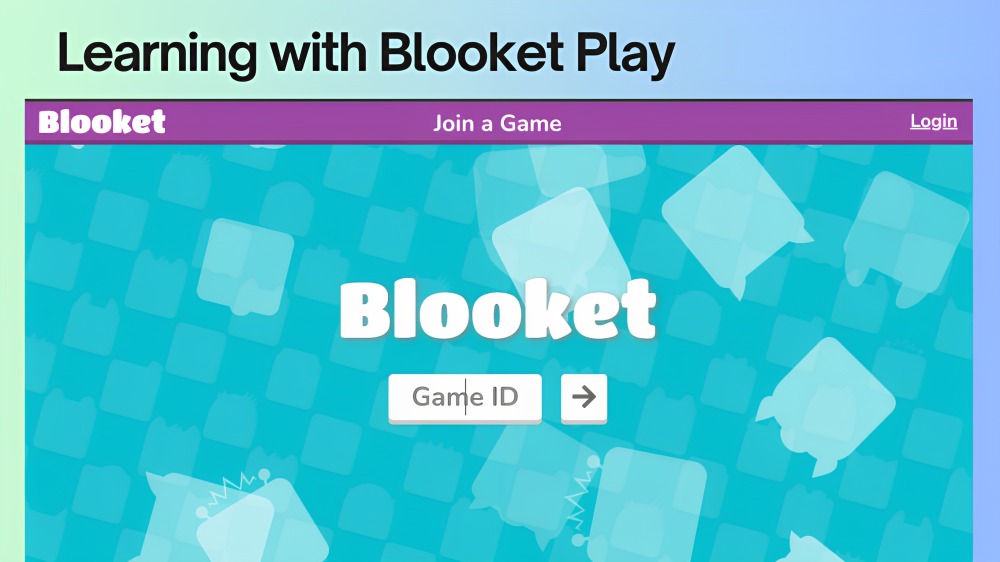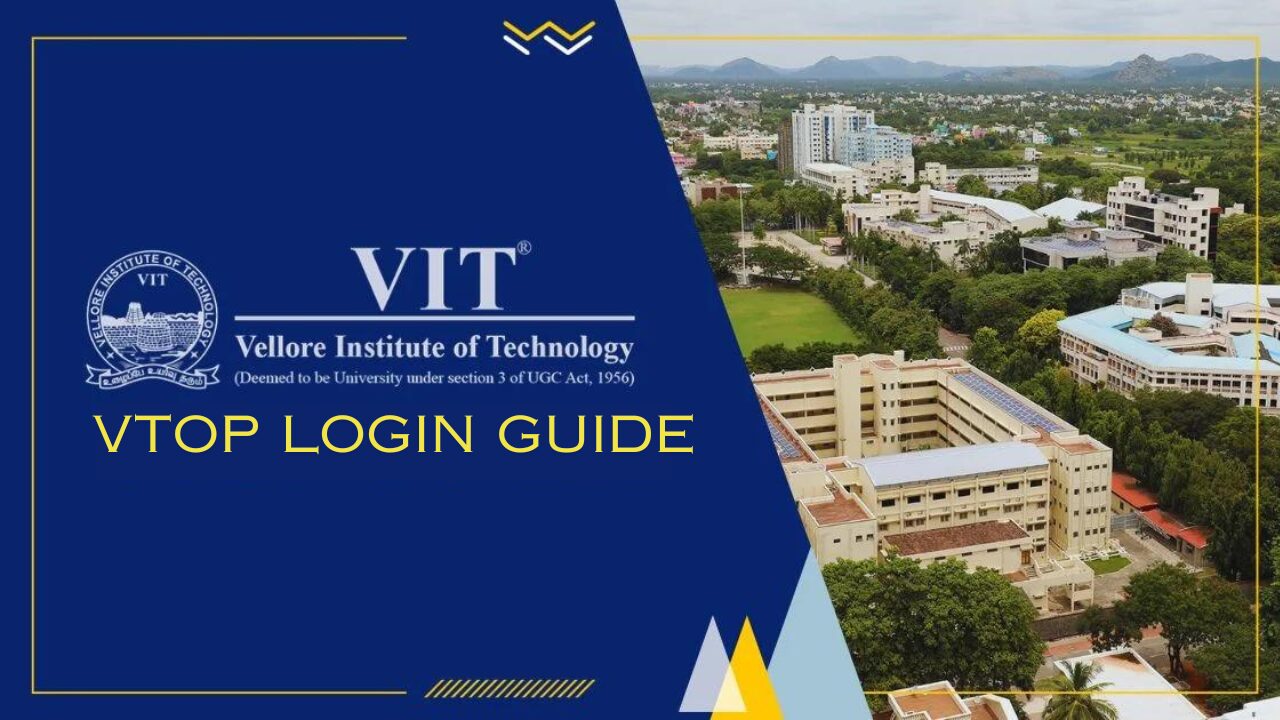In our fast-changing world today, truly understanding the basics of science is way more than just passing a class. It’s about getting the essential tools to navigate all the complexities of life. As students make their way through high school, grasping those core scientific principles becomes super crucial for developing into critical thinkers, well-informed citizens, and future leaders.
How Science Education Builds Critical Thinking Abilities
Science education goes beyond simply memorizing facts and formulas. It’s an insightful journey of questioning, observing, and solving problems. You know, when students actively engage with scientific concepts and methods, they gain invaluable critical thinking skills that help them not just in the classroom, but everywhere. This report by the National Science Teaching Association says – 71% of teachers reported seeing major improvements in students’ problem-solving abilities thanks to science education. Isn’t that remarkable?
Science Literacy: Empowering Informed Citizens
In today’s world where misinformation abounds having an understanding of science is essential to discerning what is true. What is not? The National Center for Science Education stresses the importance of being literate in addressing pressing issues like climate change and public health crises.
Yet a concerning pattern emerges, per the findings of the Pew Research Center. A staggering 64% of Americans encountered information within the last year alone. This underscores the real harm caused by a lack of science literacy. By ensuring students grasp core scientific principles, we empower them to navigate complex topics as informed citizens capable of making wise decisions that shape our collective future.
The Economic Power of Science Education
Besides the intellectual and societal benefits, a robust science education also holds huge economic importance. Statistics show the U.S. Bureau of Labor expects an 8% increase in science-related job opportunities by 2030, highlighting the growing demand for professionals with STEM skills.
Moreover, a National Science Foundation study stresses the link between science education and national economic competitiveness, revealing a 12% increase in GDP per capita for countries heavily investing in STEM education. When we prioritize science education in schools we are not preparing students for successful careers but also laying the groundwork for a thriving economy driven by innovation.
Bridging Diversity Gaps in STEM Fields
Throughout history, STEM disciplines have confronted challenges with sexual orientation and differences awkward nature, which have hindered the potential for groundbreaking revelations and progressions. However early introduction to science amid school has been appeared to be a constrain for bringing approximately positive change.
The profound impact of comprehensive high school science programs on boosting female enrollment in university STEM majors is clear:
| Category | Without Comprehensive Programs | With Comprehensive Programs |
| Female Enrollment in STEM Majors | Historically Low | Significant Increase |
| Exposure to Scientific Concepts | Limited | Early and Extensive |
| Hands-on Learning Opportunities | Minimal | Abundant |
| Role Model Representation | Lacking | Diverse and Inspiring |
| Collaboration and Teamwork | Underemphasized | Fostered and Encouraged |
| Career Exploration | Narrow | Broad and Inclusive |
| Confidence in STEM Abilities | Often Undermined | Nurtured and Supported |
| Real-World Application Relevance | Abstract | Tangible and Engaging |
Preparing for the Future with Science and Technology
In our world of lightning-fast technological change, understanding science basics equips students with the adaptability and curiosity to thrive in this ever-shifting landscape. As emerging technologies like AI, biotechnology, and quantum computing reshape reality, a solid science foundation enables students to grasp these innovations, anticipate future challenges, and contribute solutions.
Getting help, from Stride Tutoring’s Online Science Tutors or joining science tutoring programs can offer assistance to students dealing with complex scientific topics ensuring they are well-equipped to face future challenges and opportunities.
Enhancing Environmental Awareness and Responsibility
Amidst pressing issues science education plays a role in nurturing awareness and accountability. By grasping the workings of systems and human impact students gain a deeper understanding of our planet’s fragile equilibrium.
Engaging in hands-on projects and experiments in high school science classes often inspires community involvement as students take the lead in driving efforts, toward sustainability, conservation, and environmental safeguarding. Through a science online tutor and online resources, students can further enhance their environmental science knowledge, empowering them as agents of positive change.
Science as a Spark for Lifelong Curiosity and Learning
Beyond imparting knowledge, science education instills a sense of wonder and curiosity about the world around us. By cultivating an inquisitive mindset, students become better equipped to embrace lifelong learning, constantly seeking new insights and pushing understanding further.
Countless professionals across diverse fields trace their passion for learning back to that spark first ignited by early science encounters. As the esteemed Neil deGrasse Tyson once remarked, “The beauty of science lies in its truth regardless of one’s beliefs.” This unyielding pursuit of truth and knowledge propels advancement forward. Shapes the minds of tomorrow’s trailblazers.
Frequently Asked Questions (FAQs)
1. How does high school science education differ from earlier levels?
While elementary science lays the curiosity foundation and basic concepts, high school goes deeper into more complex, specialized scientific fields. This depth and complexity uniquely position high school science education to shape future pathways, equipping students with skills and knowledge to pursue STEM careers or navigate scientific topics in their chosen fields.
2. Can a strong science foundation improve performance in non-STEM subjects too?
Absolutely! Science education benefits extend far beyond STEM. A solid grasp of scientific principles enhances logical reasoning, analytical skills, and data interpretation abilities – invaluable assets for subjects like history, literature, and even the arts. Fostering a scientific mindset develops a versatile set of cognitive abilities that contribute to overall academic success.
3. How can schools create more engaging and effective science learning environments?
Creating an engaging, effective science learning environment requires a multi-pronged approach. Incorporating hands-on experiments real-world problem scenarios and collaborative projects makes science more tangible and exciting. Partnering with local science communities, organizing research facility field trips, and inviting guest speakers exposes students to science’s practical applications, igniting curiosity. By making science interactive and relevant, schools cultivate a love of learning that extends beyond classrooms.
Conclusion
Understanding science basics in high school is far more than just academics – it lays the foundation for personal growth, societal progress, and economic prosperity. As you know, science education impacts so many areas of life. It shapes critical thinkers, empowers informed citizens, drives economic strength, bridges diversity gaps, fosters environmental awareness – the list goes on. And sparking that lifelong curiosity? Science does that too!
Prioritizing robust high school online science tutoring is important. By investing in a top-notch online science tutor for high school you can make sure the next generation is equipped with the vital tools to tackle complex issues, fuel innovation and build a better future for everyone.



